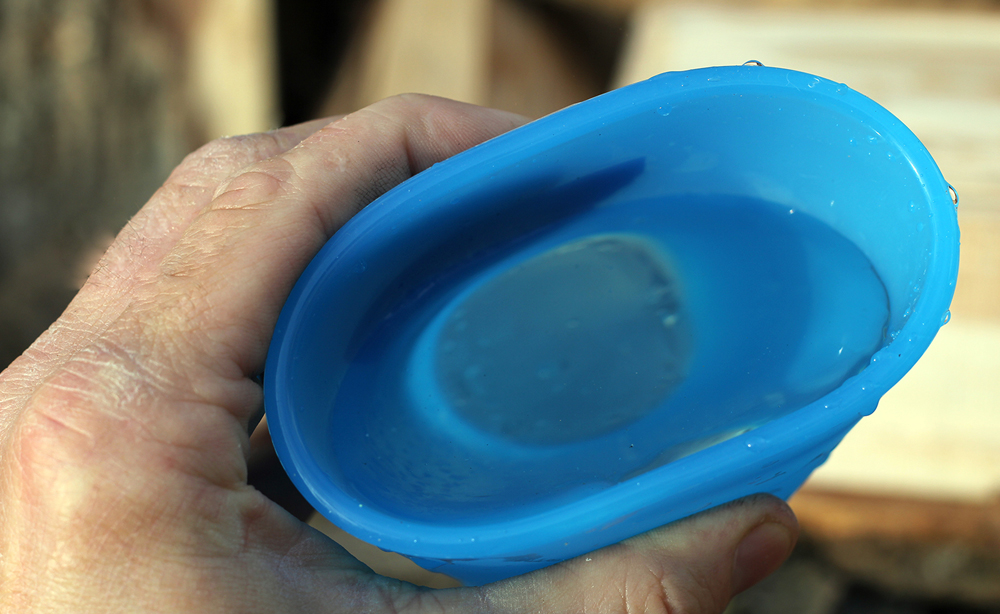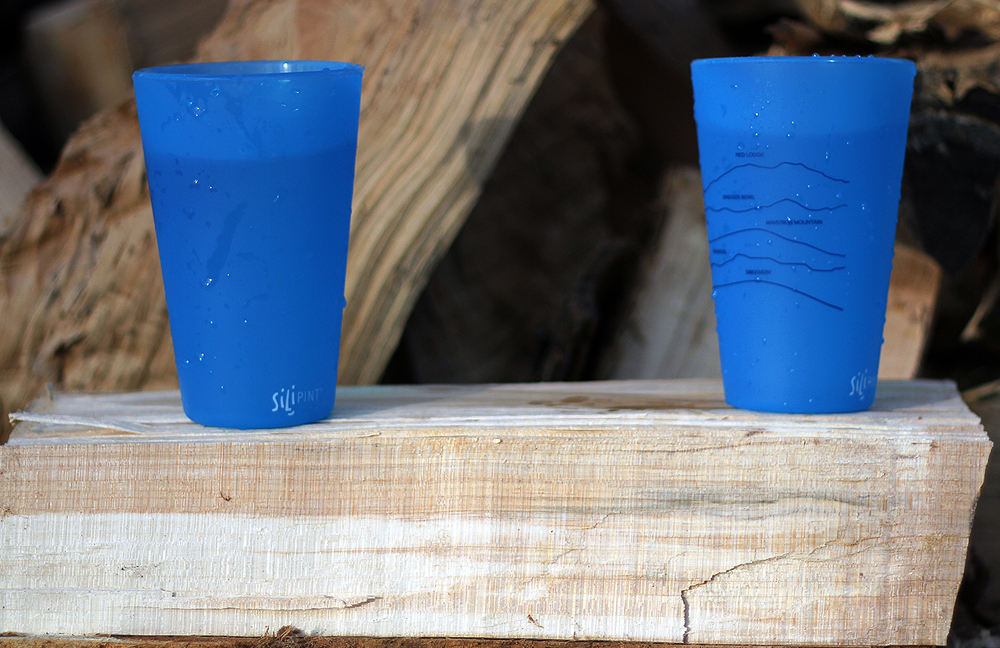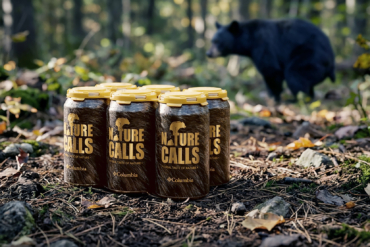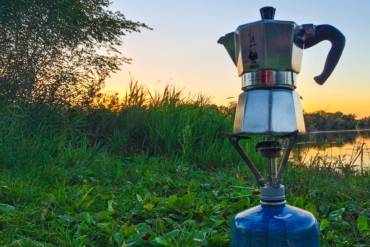
Could silicone be “the perfect material” for a drinking cup? Bend, Ore., based Silipint believes so, and the company sells a line of cups made of the material.
I’ve used these flexible glasses for a couple years, including around home and on camping trips. They feel like a soft plastic or rubber, but silicone is not petroleum-based.
Raw silicone is comprised of oxygen, carbon, hydrogen, and silicon. It’s a non-toxic material with no petrochemicals or plastics added.

Silipint touts it uses “100% food-grade” silicone. When shaped into a glass, the result is an insulating vessel that works with a range of liquids.
I prefer cold drinks — water or beer have been the most common beverages in my Silipint glasses — as the thick walls keep the liquid cool.

Coffee, tea and other hot drinks are fine, too. The company notes its cups can withstand temperatures up to 500 degrees F.
They are dishwasher-safe. But a simple rinse-out and air dry is all that’s needed after grabbing a glass of water. Silicone does not support microbiological growth.
Because of their versatility, the cups are convenient for travel or camping. They flex and stack together, and the cups are unbreakable.
Silipints come in 8- and 16-ounce sizes and cost about $8 and up depending on the type. Try one out if you’re looking for a flexible alternative to the disposable cup.





